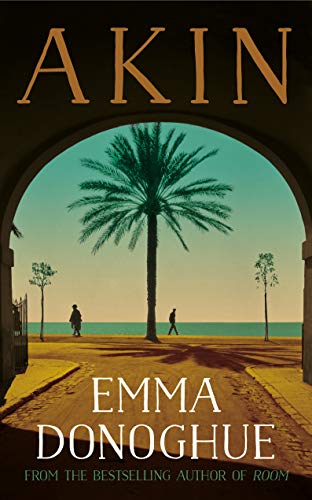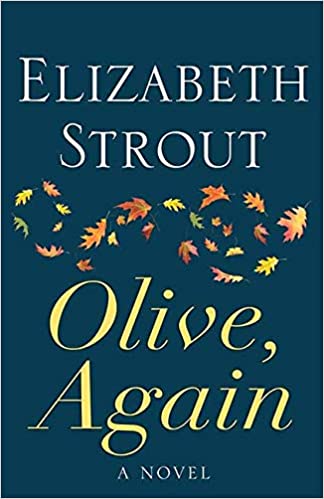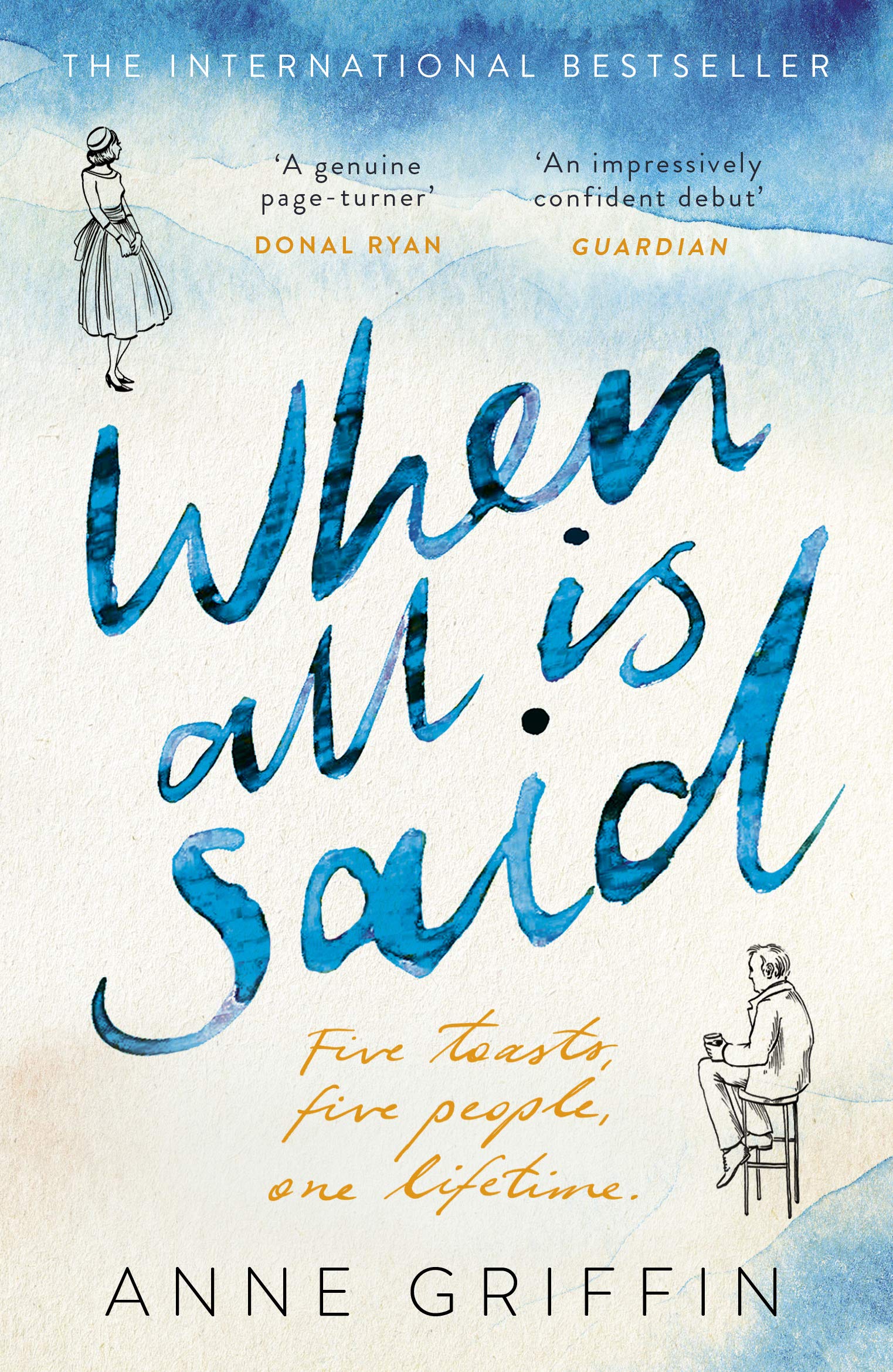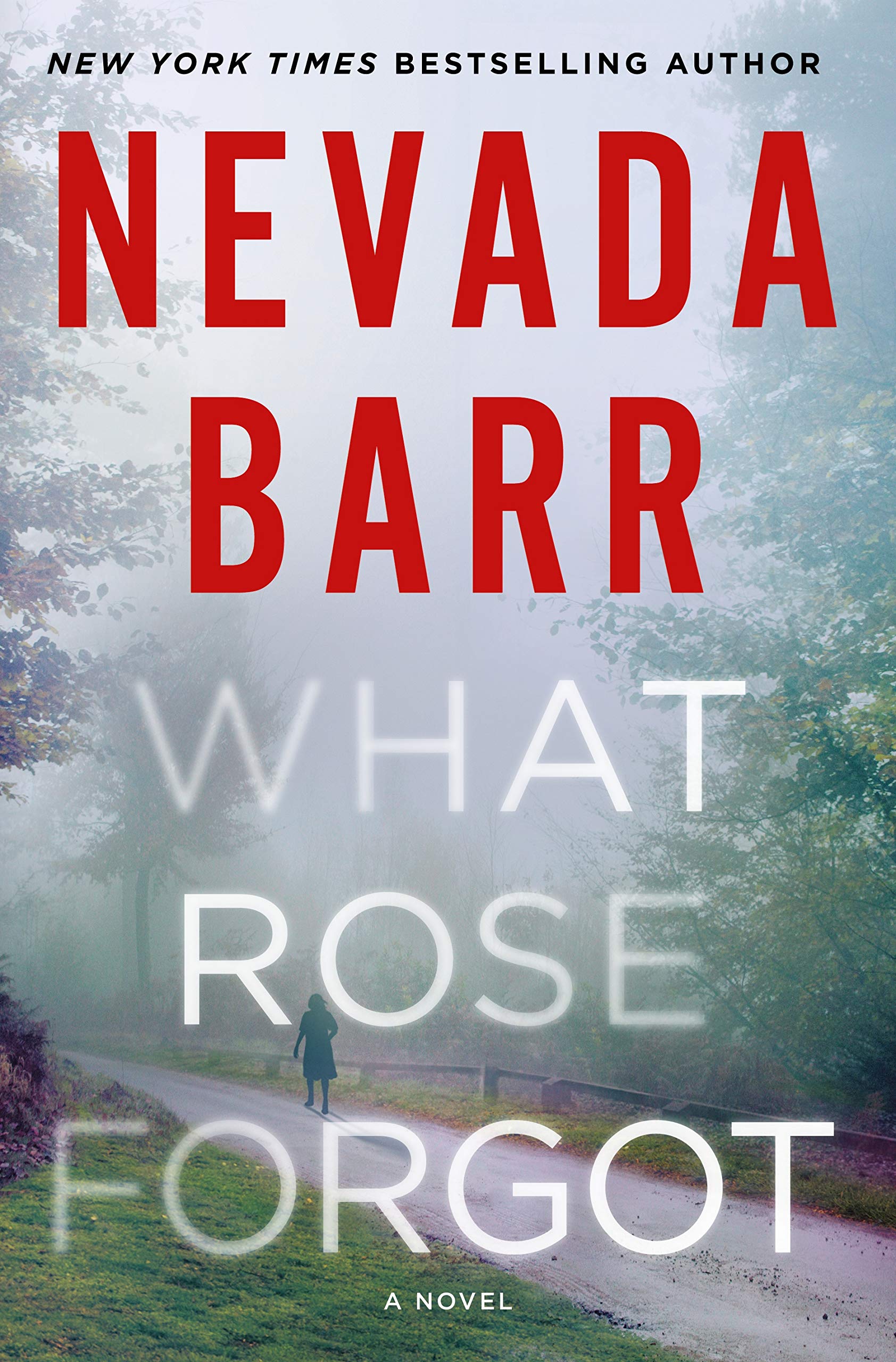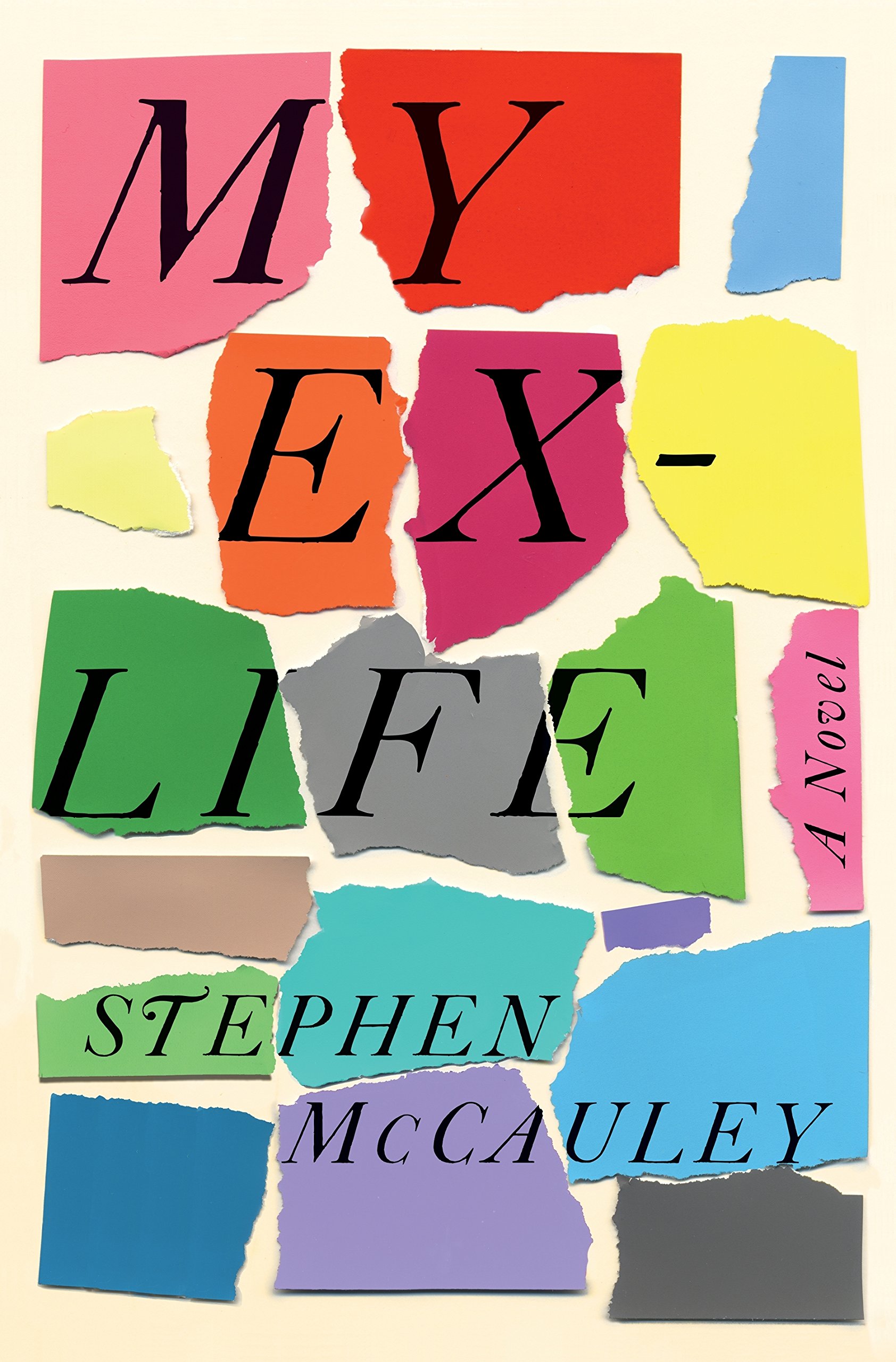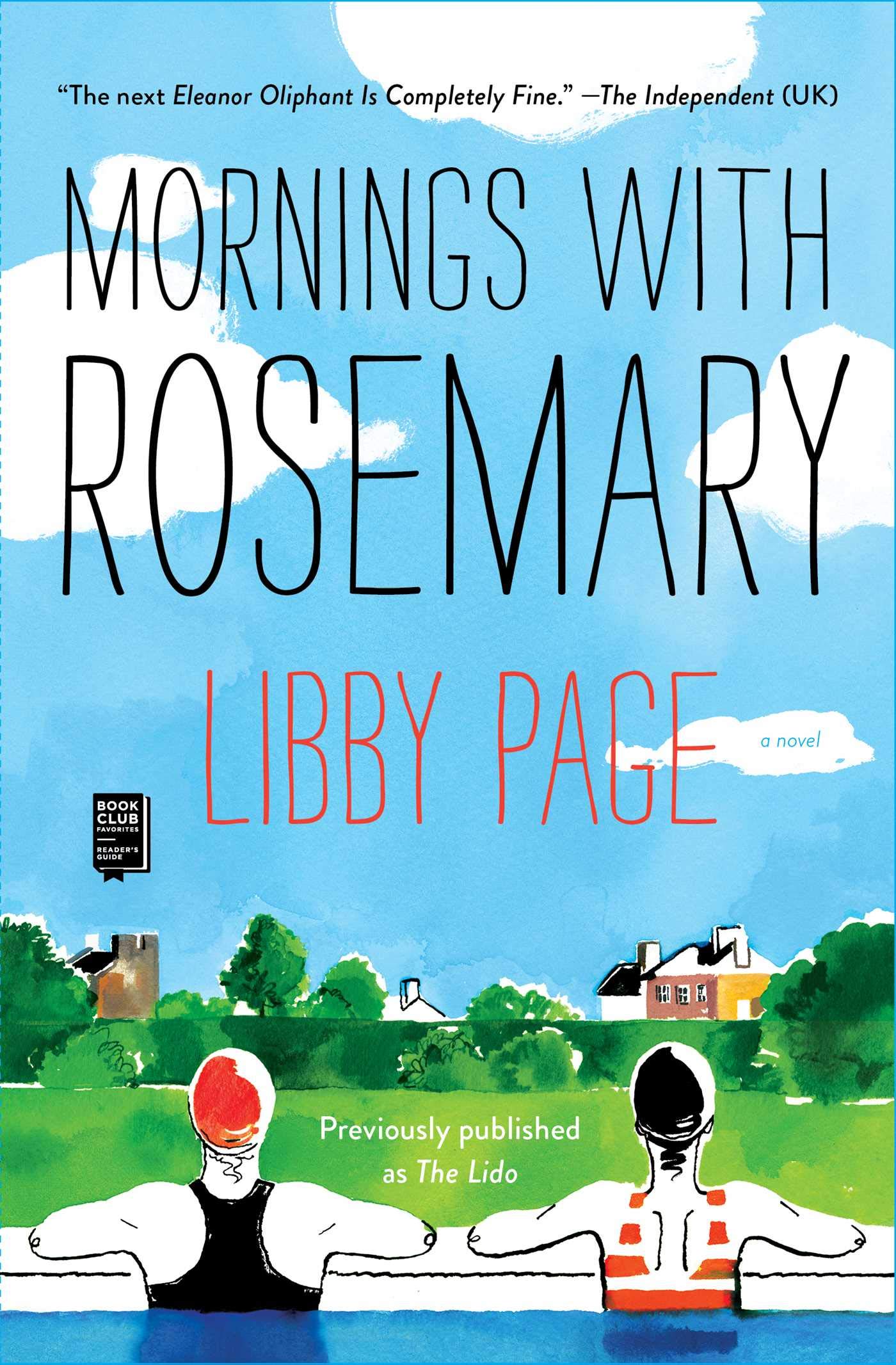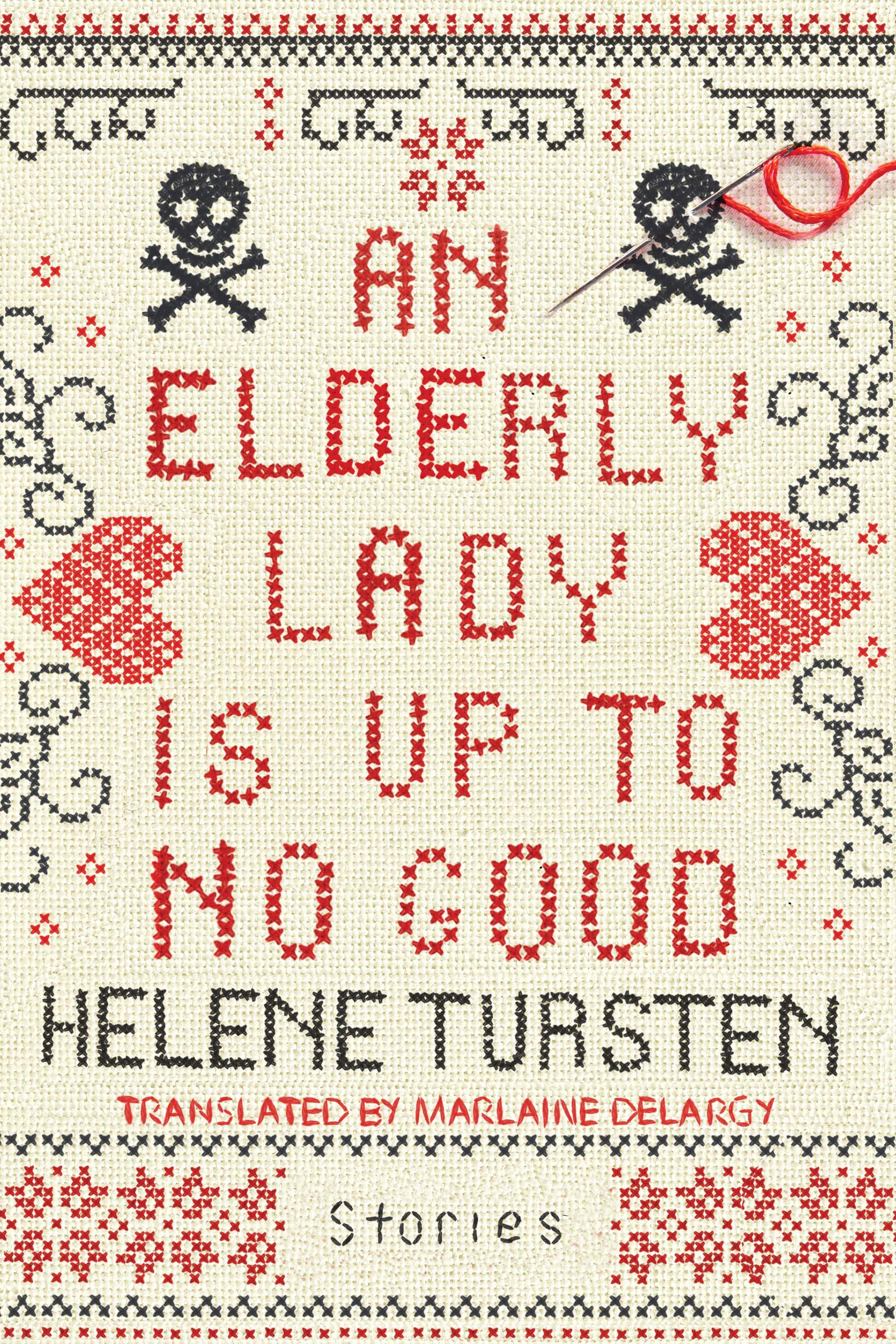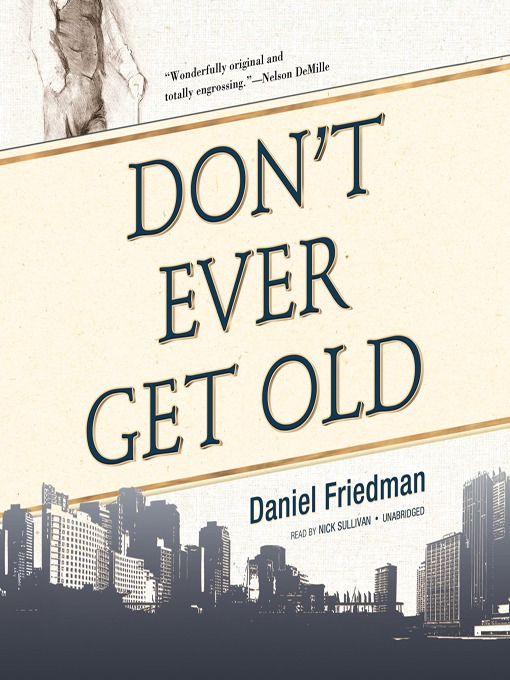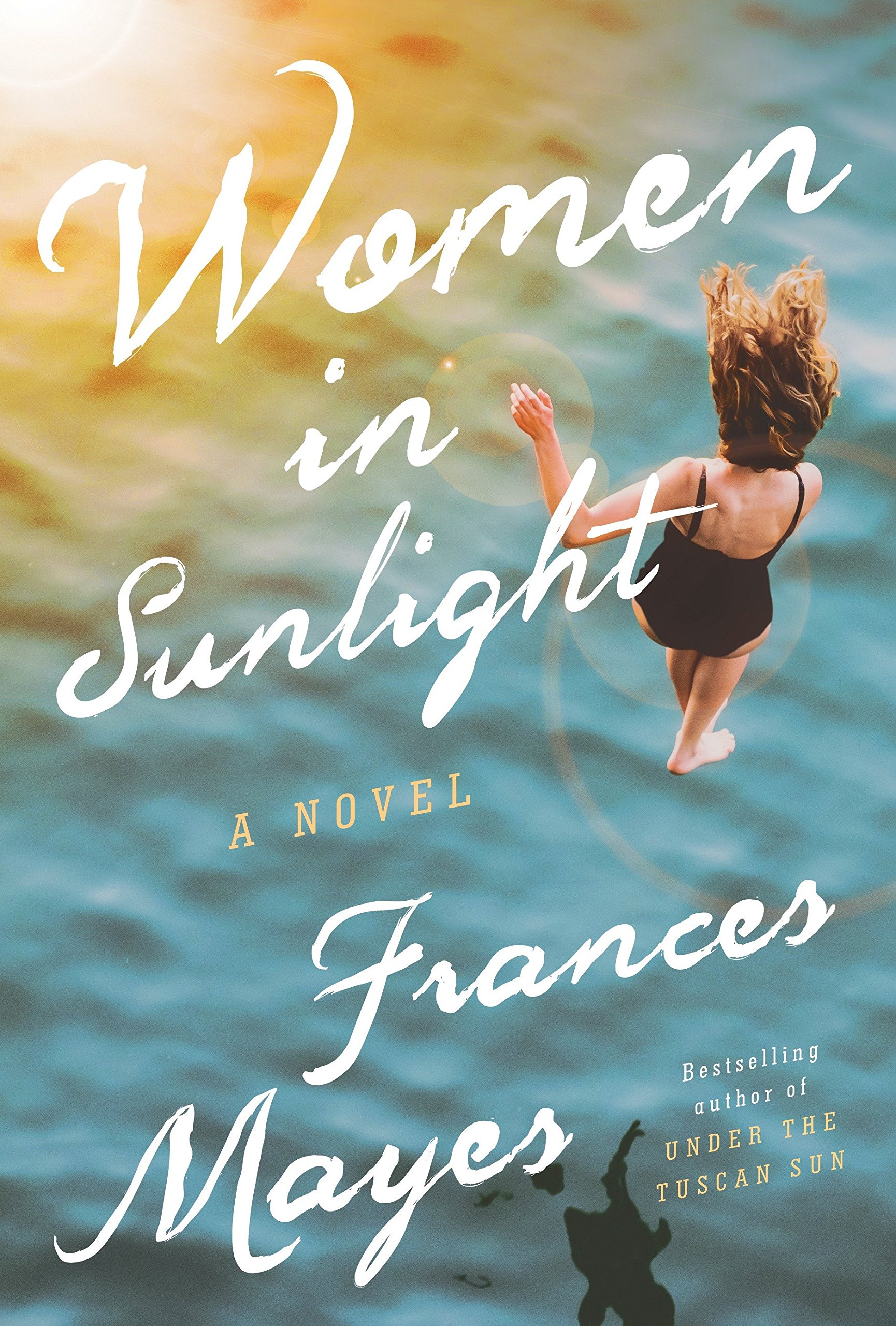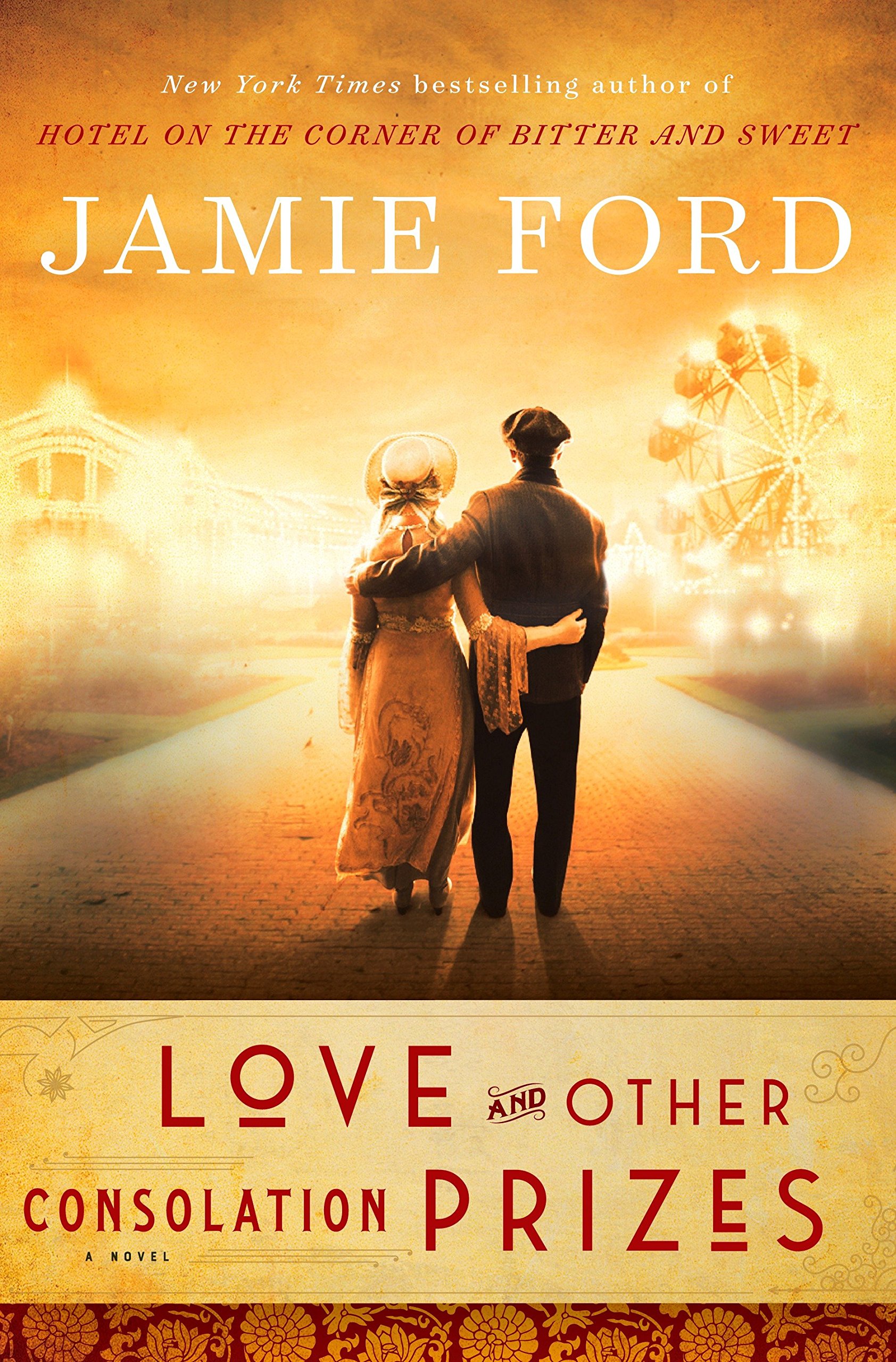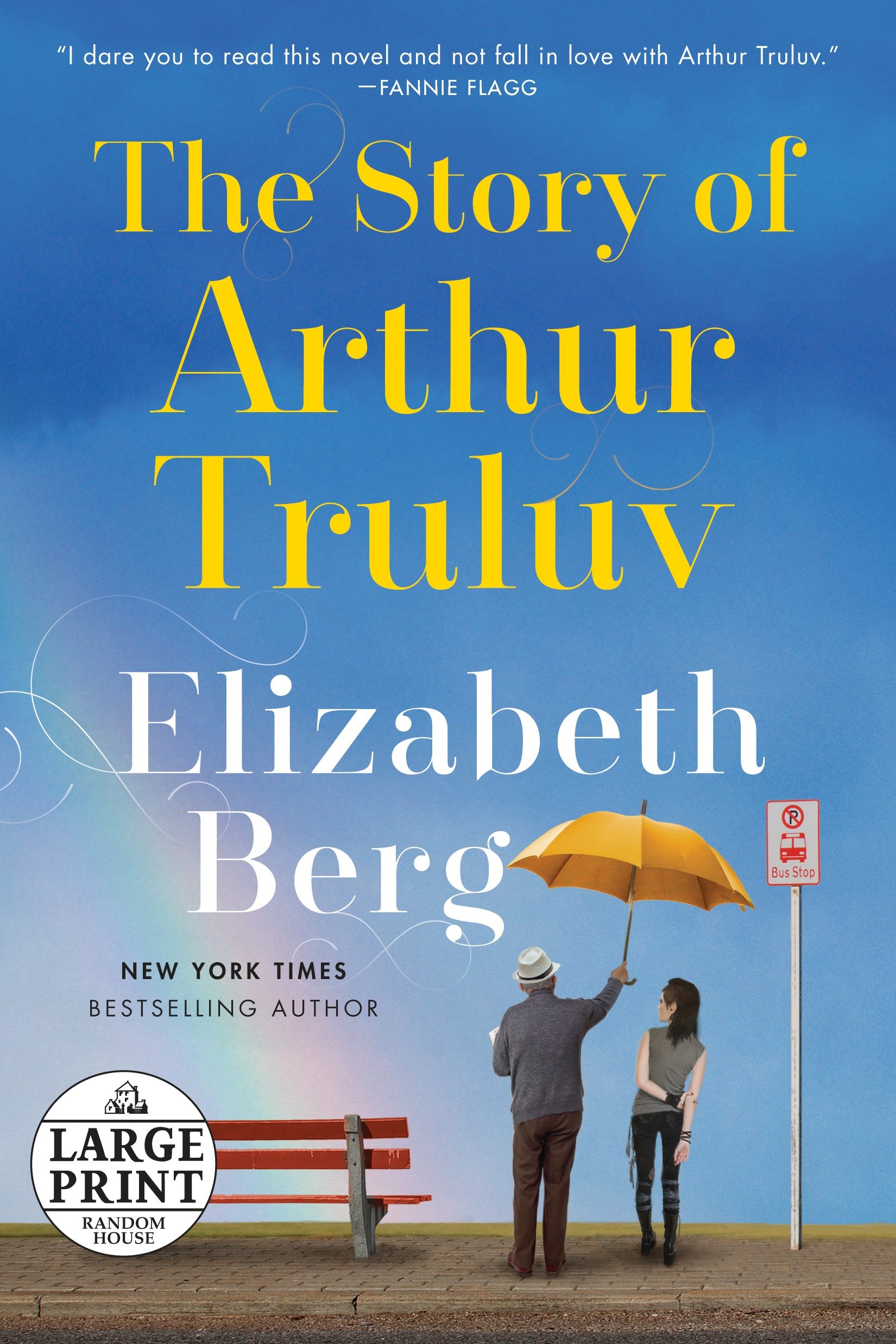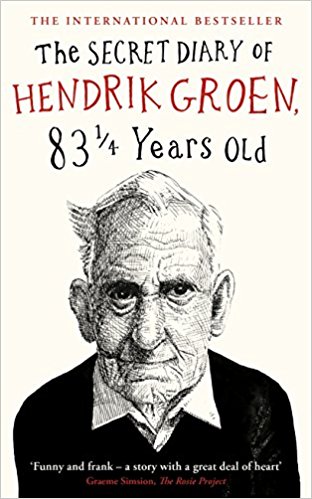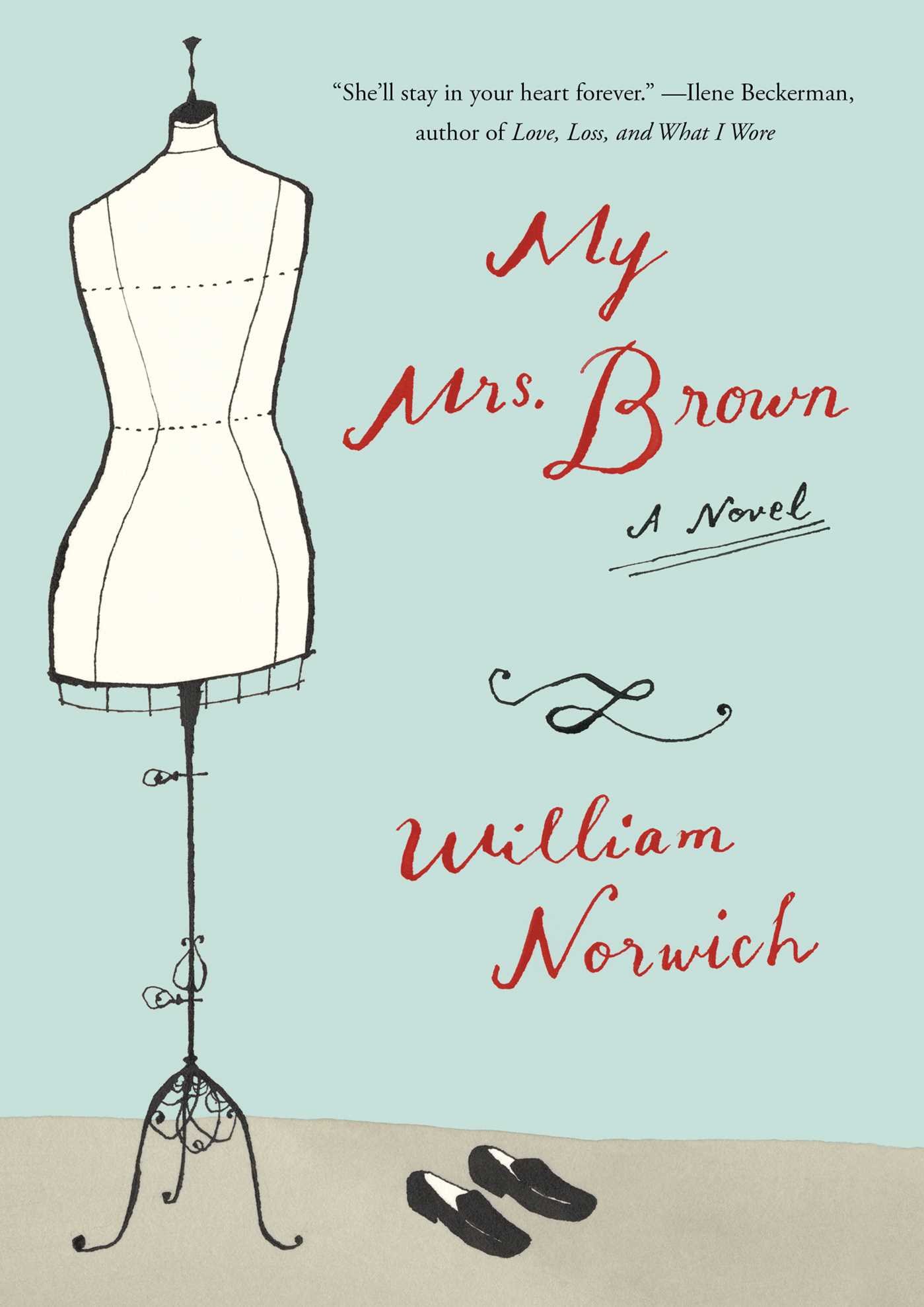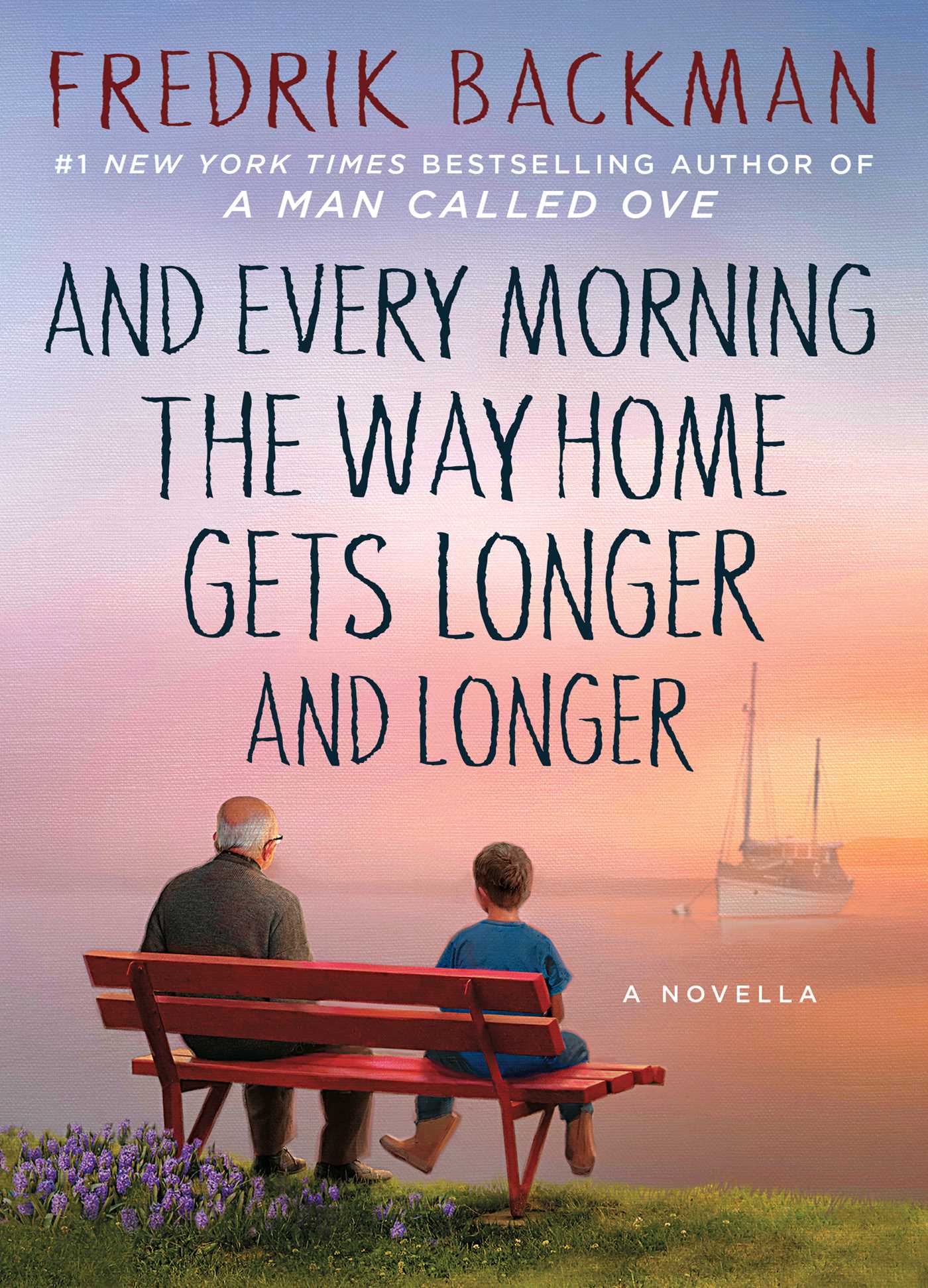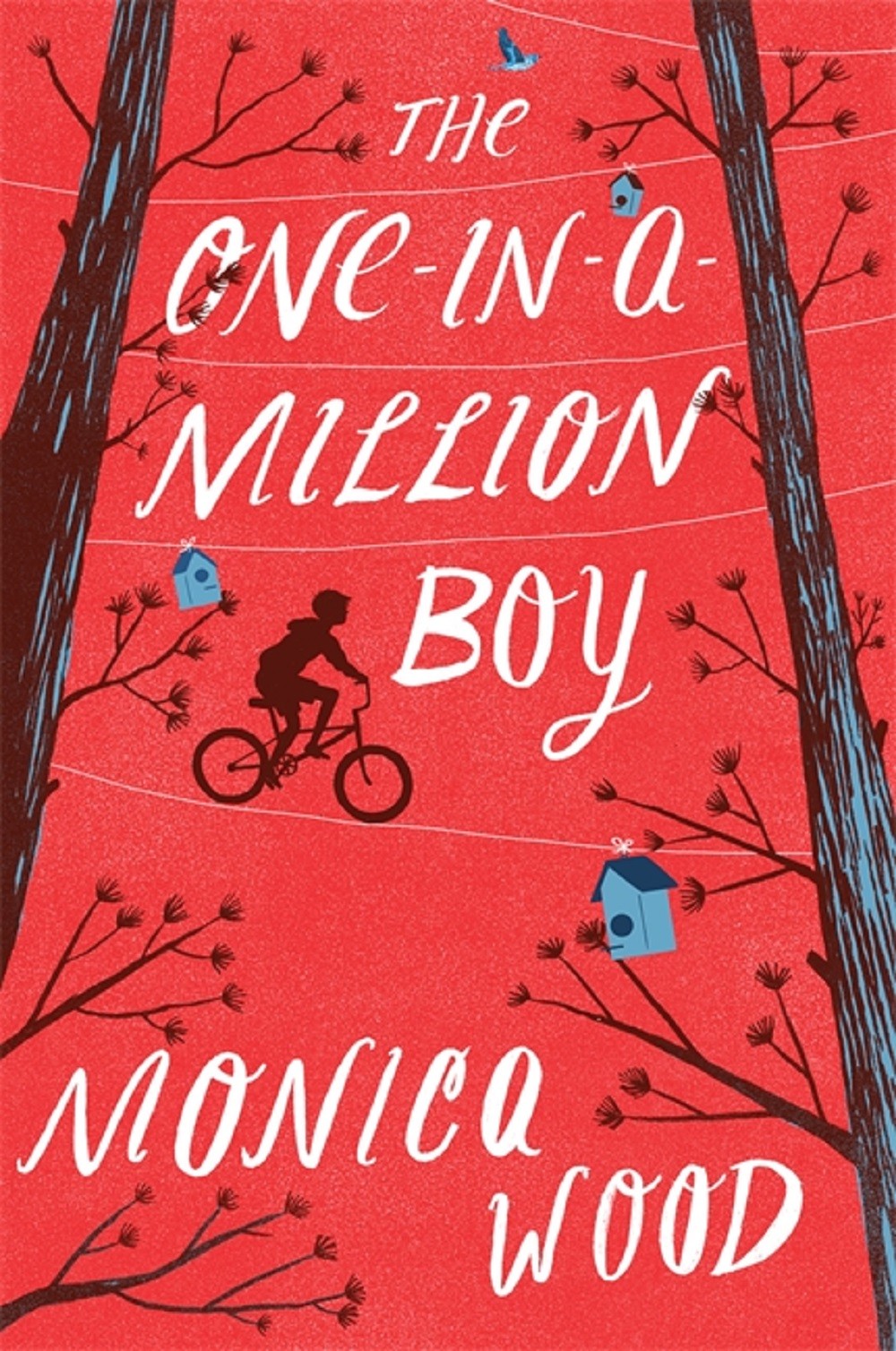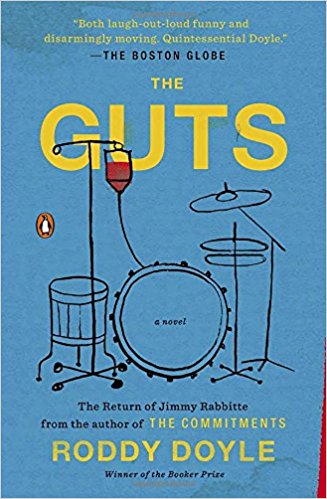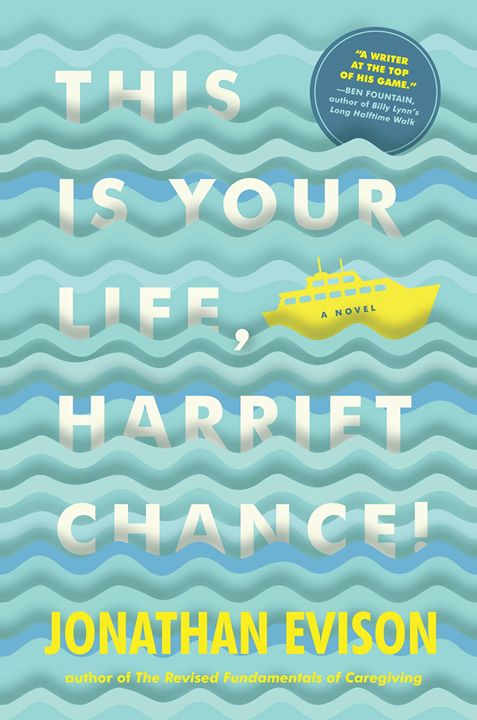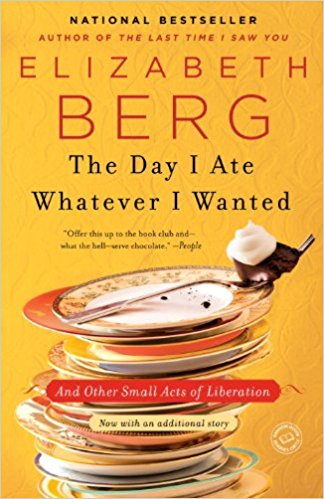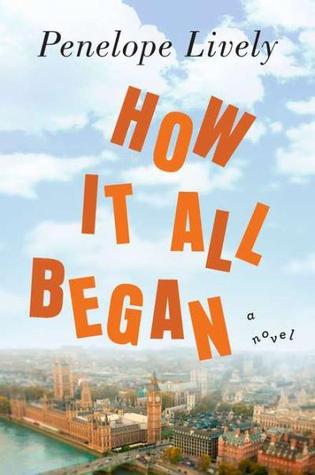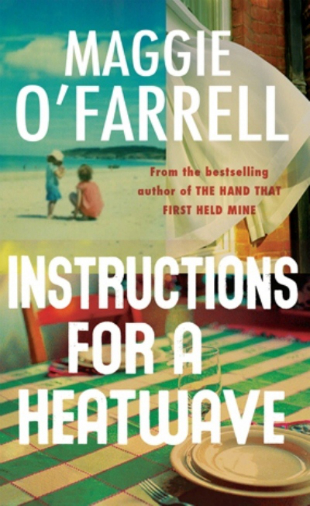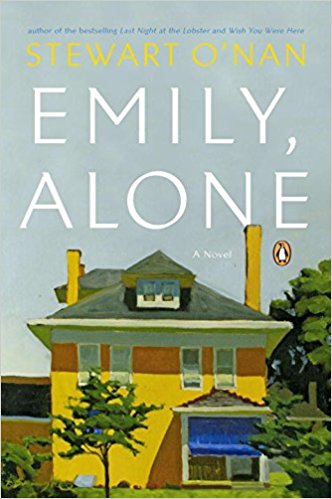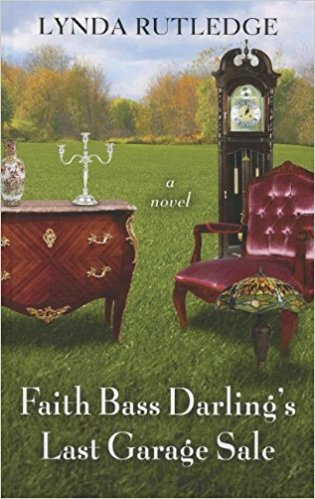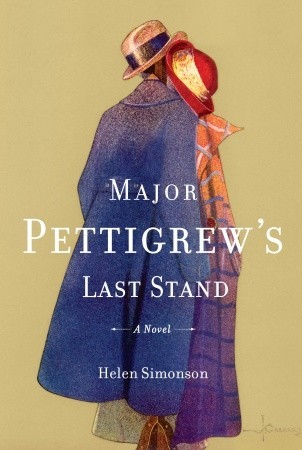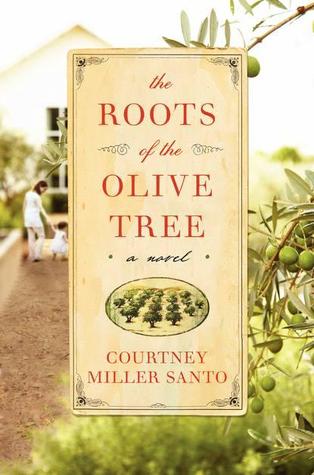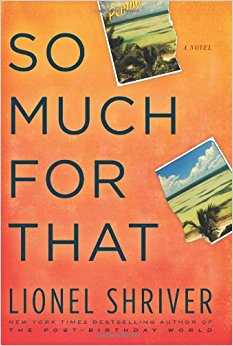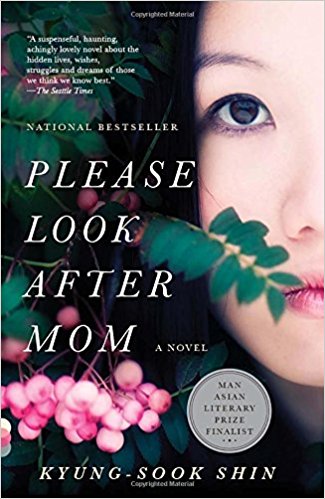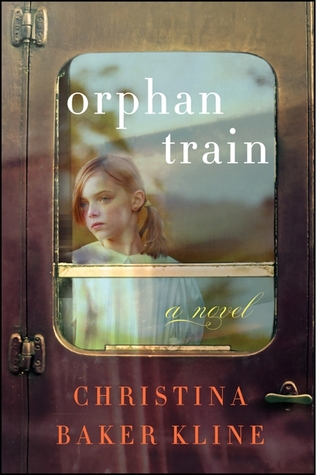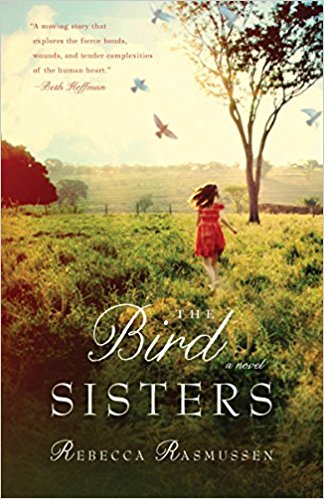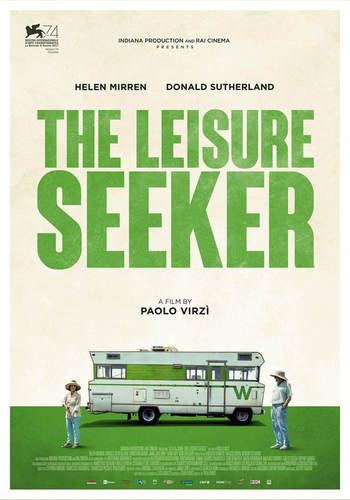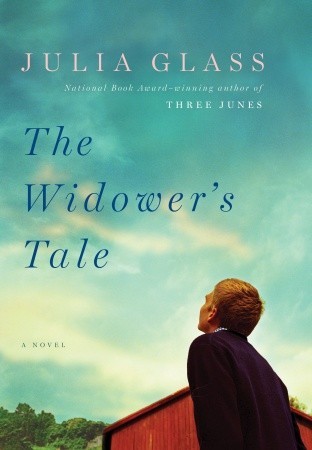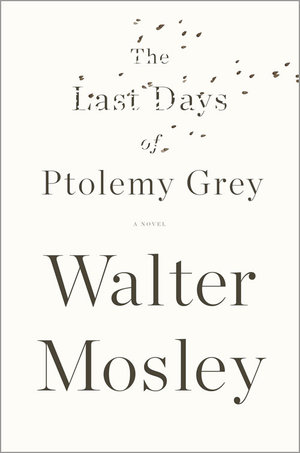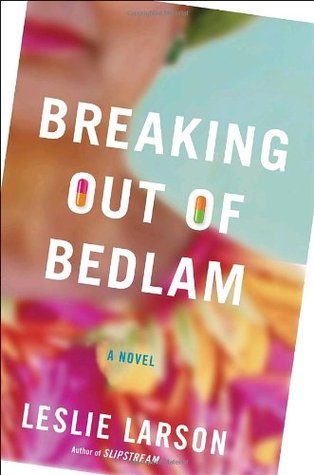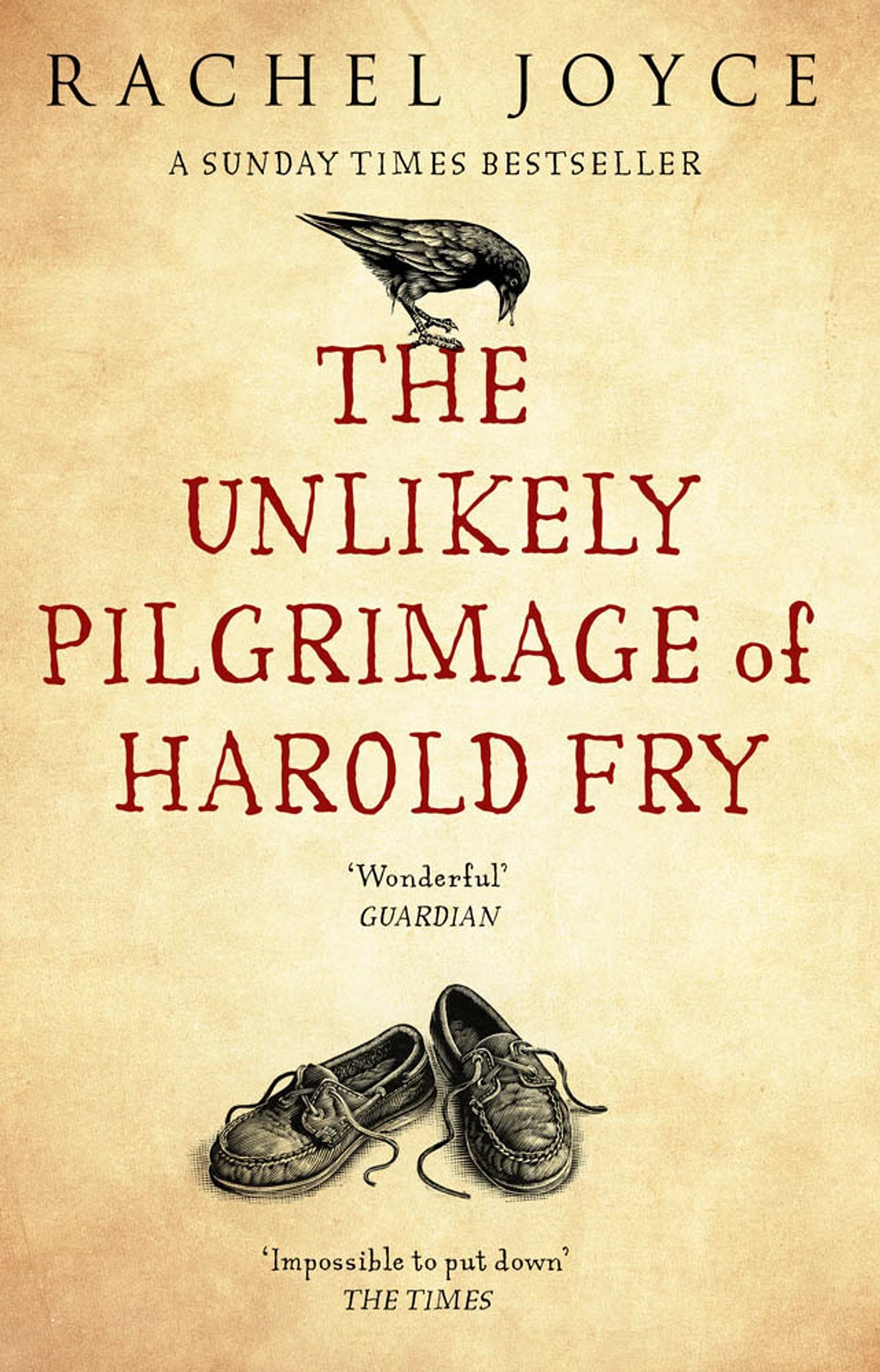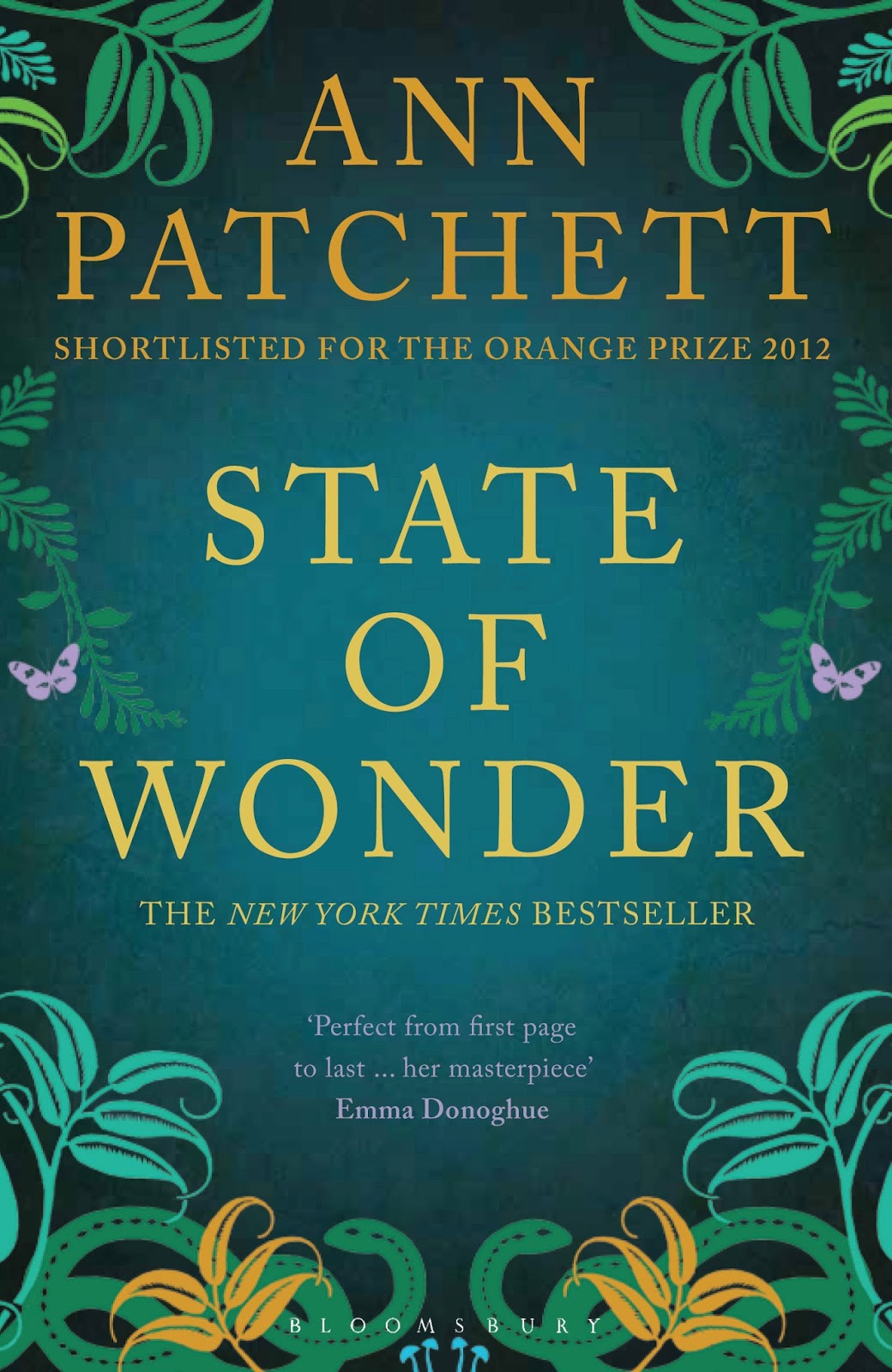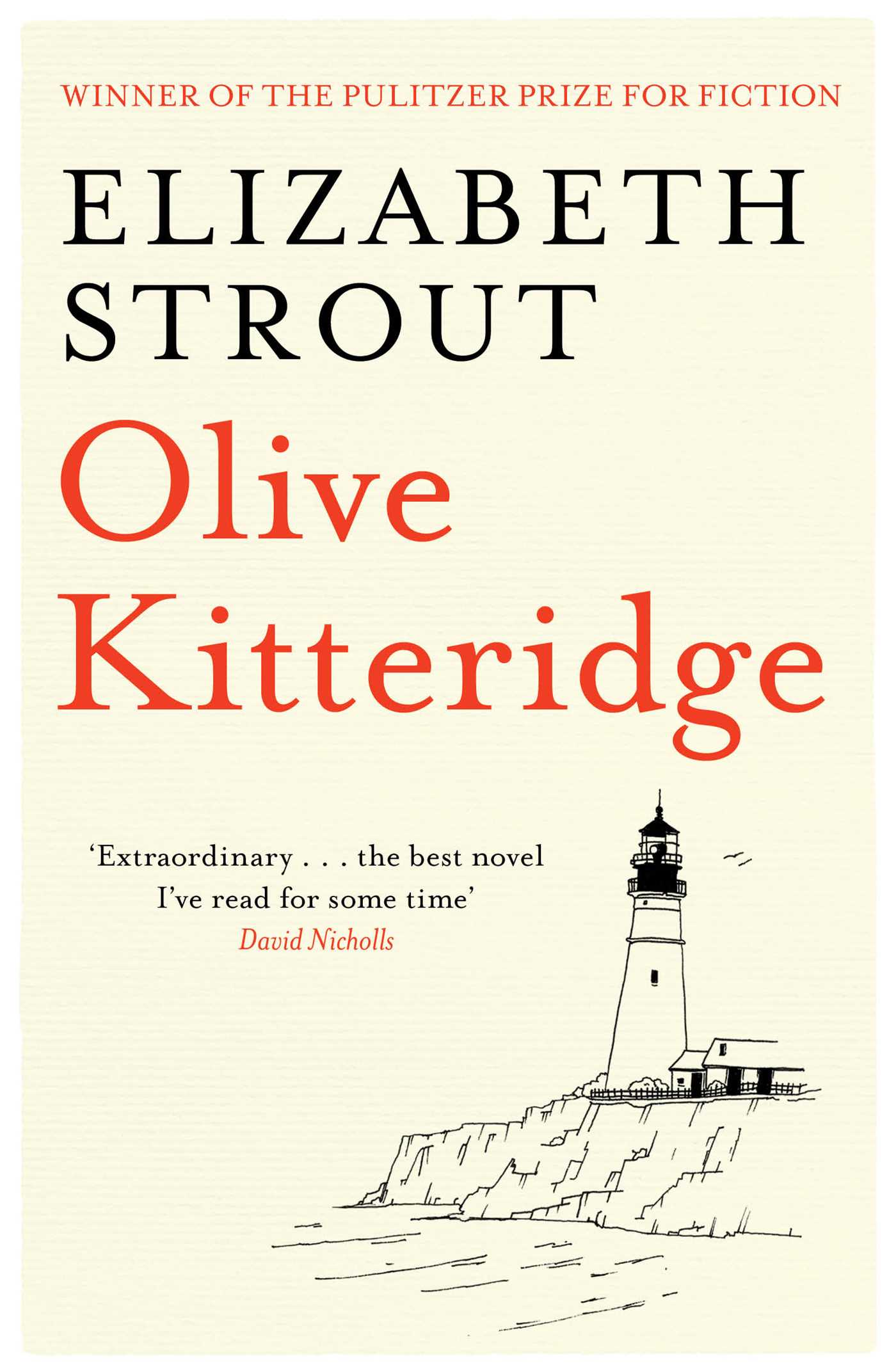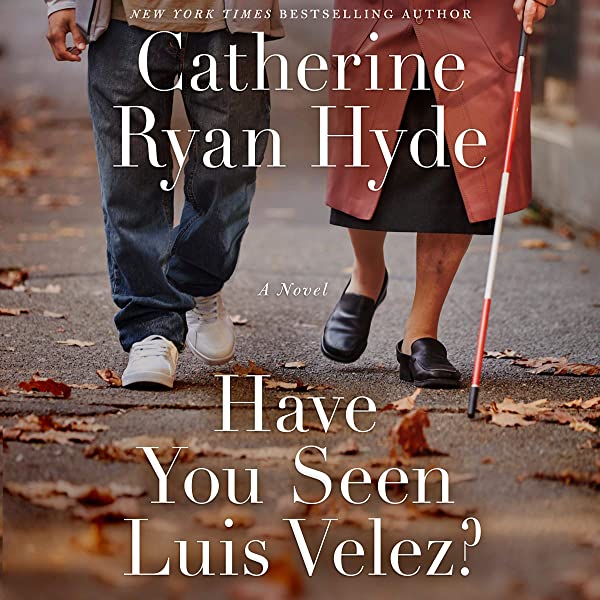
By Catherine Ryan Hyde – Lake Union Publishing, 2019
Raymond is an untethered, lonely 16-year-old. His parents divorced and each remarried, leaving him feeling like an outsider. He’s biracial and feels neither Black enough nor white enough. His only friend from school has moved, and the feral cat he sees on the streets is unreliable. One day a neighbor he has seen but doesn’t know emerges from her apartment and forlornly asks, “Have you seen Luis Velez?” This neighbor is Mildred Gutterman, who is 92 and blind. She lives alone and has been relying on the kindness of Luis Velez to keep her living in her apartment. Now Luis has stopped coming around and Mildred is down to her last meal.
Mildred and Raymond start a conversation that leads to a most unusual friendship. Raymond gingerly steps into the role of helpmate and decides to find Luis Velez for Mildred, a choice so out of his comfort zone that it challenges not only his shyness but his belief that people are unkind and unsympathetic. The lovely, intergenerational friendship between the pair is bolstered by how Raymond learns to see what Mildred sees despite her blindness. This is a feel-good story, simple yet deep, and just the uplift we all need right now.

